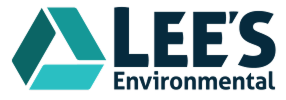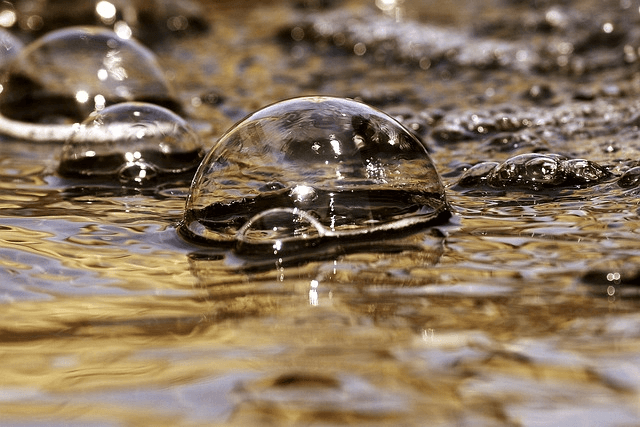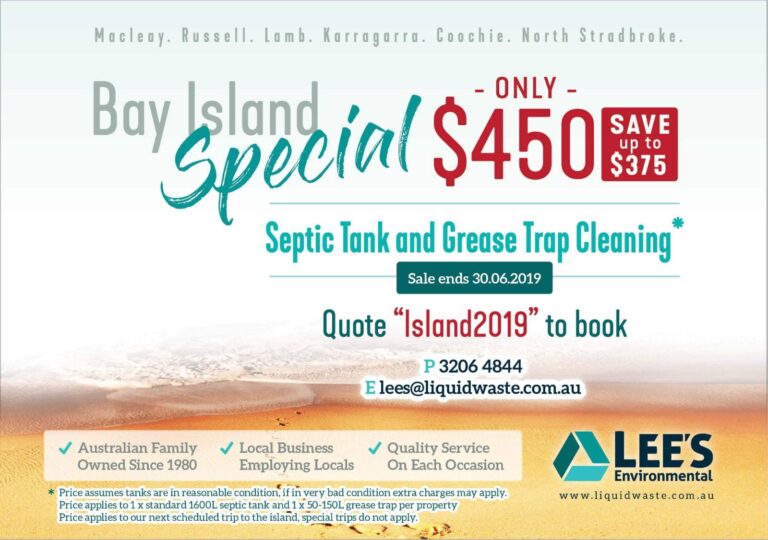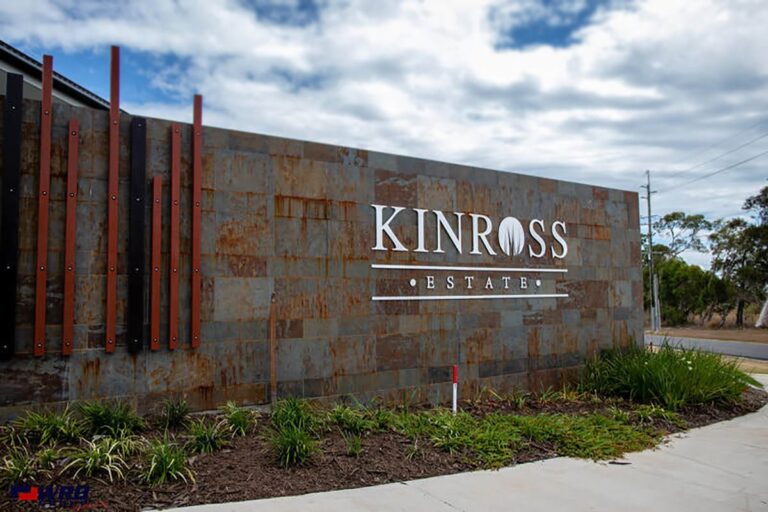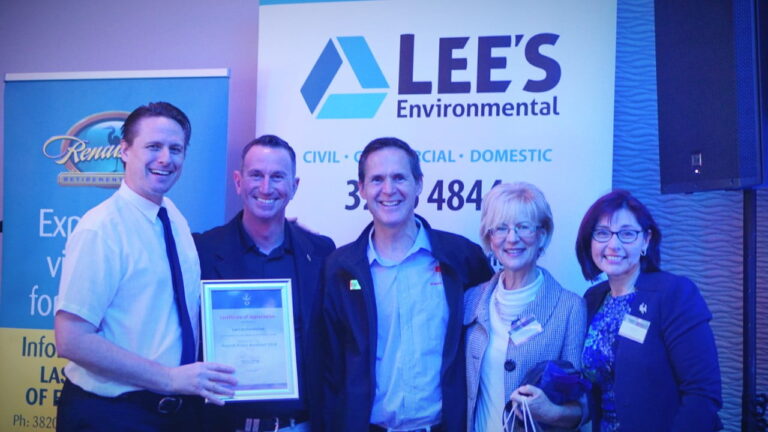Liquid waste poses specific challenges for businesses, industrial plants, and even households. Different from solid waste, which can be placed in bins, liquid waste presents a far greater challenge as it seeps, spills, or flows. This creates risks for contamination that may prove harmful to the environment and public health.
As a result, this blog provides a complete guide on all types of liquid waste along with their risks and management techniques. Focusing on minimising harm to the environment while remaining within set regulations is achievable through proper practices by households and businesses alike.
The right practices for liquid waste collection and disposal when handling septic waste and industrial sludges are integral to safety and sustainability.
What is Liquid Waste?
Liquid waste can be defined as any unwanted or discarded materials in the form of liquids, including water, oil, wastewater, and sanitisation fluids. Grease is also a liquid waste product but has a higher viscosity.
Liquid waste contains different forms of liquid generated from households, industrial facilities, or commercial companies, creating challenges in the processing and disposal of liquid waste.
Liquid waste comes in different weights, an example being wastewater which flows while kitchen grease waste is thick instead of moving freely. This requires different methods for both to be properly processed.
Organic liquid waste is generally safe and less hazardous compared to other types of liquid waste, but improper disposal such as in landfills without proper treatment can cause environmental threats. Household activities generate liquid waste; cleaning spills become toxins when mixed with other substances along with wash away detergent.
In a household setting, inappropriate disposal of fats, oils, and grease tends to result in blockage which over time leads to an unpleasant brown sludge paste build up that requires professional tools and techniques to erase.
In industrial settings, liquid waste requires used grease and oil along with sludge; containing oil requires treatment and secure storage in certified containment to prevent nature from pollutants. All types of liquid waste create a lack of knowledge on how to properly manage it.
Liquid Waste Management
Effective liquid waste management outlines methods for the handling, transportation, and disposal of waste to minimise health and environmental risks. There is both domestic and industrial liquid waste, and both of these types of liquid waste can be managed from the source with the aid of specialised companies.
Key practices include:
- Secured Storage: Containment of liquid wastes in holding tanks prevents leakage and spills.
- Recycling and Resource Recovery: Processing wastestreams for reuse minimises environmental impact.
- Professional disposal: Hazardous Professional waste management facilities treat liquid waste professionally to ensure limited environmental impact.
- Regular Maintenance: Cleaning of septic tanks and drains helps prevent stagnation of sewage and overflowing.
For example, restaurants must manage grease trap waste to avoid clogging drains, while factories need liquid waste collection for oil or sludges.
In summary, neglected areas have one simple enforcement mechanism like fines for illegal dumping liquid waste onto restricted areas, which in turn results in contaminating the environment. Having precise planning along with the proper equipment helps minimise these risks liquid waste be effectively managed while minimising environmental impact.
Liquid Waste Collection
Transporting wastes from holding tanks to treatment places requires specialised equipment. Best collected through professional teams, both households and businesses rely on contracted services to aid liquid waste transport minimisation.
- Septic Tank Removal: Remove waste for non-volatile disposal.
- Septic tank pump-outs: Removal of septic waste from tanks for safe disposal.
- Blocked drain maintenance: Repairing blocked drainage systems.
- Grease trap maintenance: Removing oil and fat residue build-up.
- Industrial Waste Removal: This involves the collection of oils, sludges, or liquid chemicals from different industrial plants and facilities.
Collection services ensure that regulations are adhered to and help in protecting the environment. For example, leachate, which is polluted water that comes about as a result of rainwater trickling through waste at a dump site, requires difficult collection so as not to hurt groundwater.
When businesses partner with liquid waste collection experts, they are able to observe safe disposal practices and prevent costly contamination incidents.
Septic Waste
Septic waste, stored in septic tanks, includes wastewater, sludge, and effluent from households or businesses. These tanks are effective for controlling liquid sanitary waste, but safety procedures need regular attention.
In the absence of sufficient removal systems, septic waste can spill over and pose a threat to the environment or public health.
Septic tank pump-outs are performed by specialised companies that remove the waste from the tanks and transport it to treatment facilities. This ensures that blockages in the waste streams are avoided and compliance with regulations is maintained.
Households that utilise septic systems are advised to have regular inspections and pump-outs performed in order to avoid health issues caused by improper disposal and protect public health. Failing to manage septic waste imposes expensive repairs along with contamination, requiring professional liquid waste collection.
Leachate
Leachate is a resultant liquid waste that occurs when water seeps through waste at disposal sites, absorbing and collecting hazardous waste materials in the process. This liquid waste is exceedingly dangerous as it contributes to the pollution of ground waters and surface waters leading to soil pollution and health-related problems for the population.
Take for instance the leachate created from industrial waste. It can produce hazardous liquid wastes containing heavy metals and oils which become extremely dangerous and require special treatment procedures.
Control of leachate calls for effective liquid waste management. For example, collection services prevent the spread of leachate by using secure holding tanks, which are then transported to licensed treatment facilities.
Systematic site surveillance and adherence to applicable rules minimises the possibility of leachate related damage. Companies that operate landfills or waste sites should not lose sight of leachate collection if they want to protect nature and avoid incurring regulatory fines.
Advantages of Liquid Waste Management
There is no doubt that effective management of liquid waste presents distinct benefits to businesses and households. To begin with, it allows compliance with environmental regulations and reduces the risk of fines for improper disposal.
Furthermore, it protects public health by providing infectious hazardous liquid waste such as septic and grease trap wastes.
A further advantage is resource recovery which allows materials such as oil or old wastewater to be recycled, therefore minimising waste streams and the pollution burden on the environment.
Moreover, professional services reduce time and costs with efficient transport, cleaning and disposal. Regular maintenance of septic tanks avoids expensive repairs while grease trap maintenance keeps drains clear.
Investing in liquid waste collection and treatment enhances business sustainability and reputation as they demonstrate commitment to safety and the environment.
Spill Prevention and Control
Spills are a major risk when handling liquid waste. Even secure holding tanks can leak, especially if dealing with hazardous liquid waste like oil or chemicals. To prevent contamination:
- Train Staff: Teach employees proper disposal and spill response protocols.
- Use Quality Equipment: Invest in reliable tanks and collection systems.
- Plan for Emergencies: Have a response team ready to act quickly.
For example, a restaurant that mismanages grease trap waste may face clogged drains, while an industrial site could see oil spills contaminate soil. Professional liquid waste management services provide cleaning, transportation, and disposal solutions to reduce these risks.
By prioritising safety and resource recovery, businesses can protect the environment and avoid fines.
